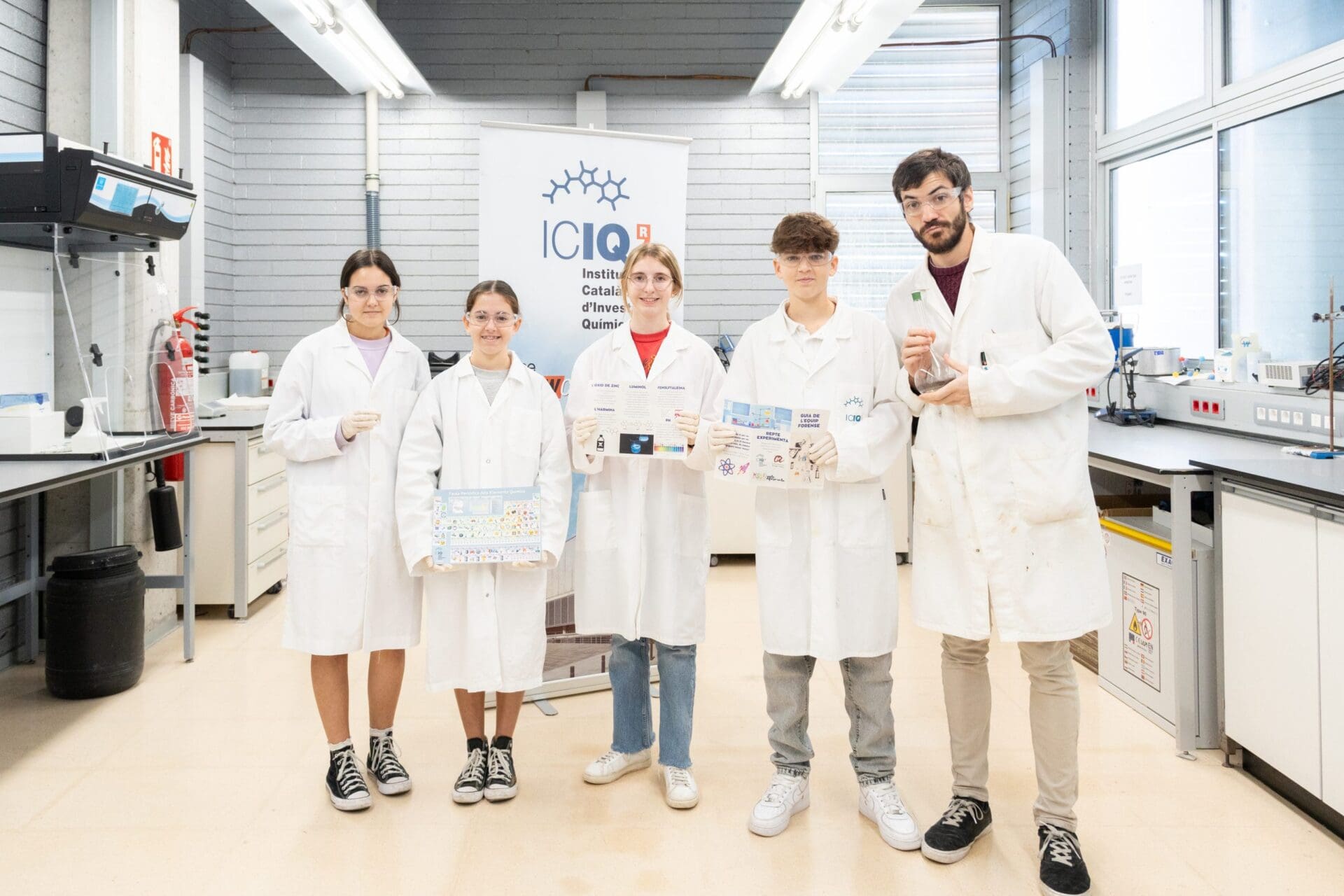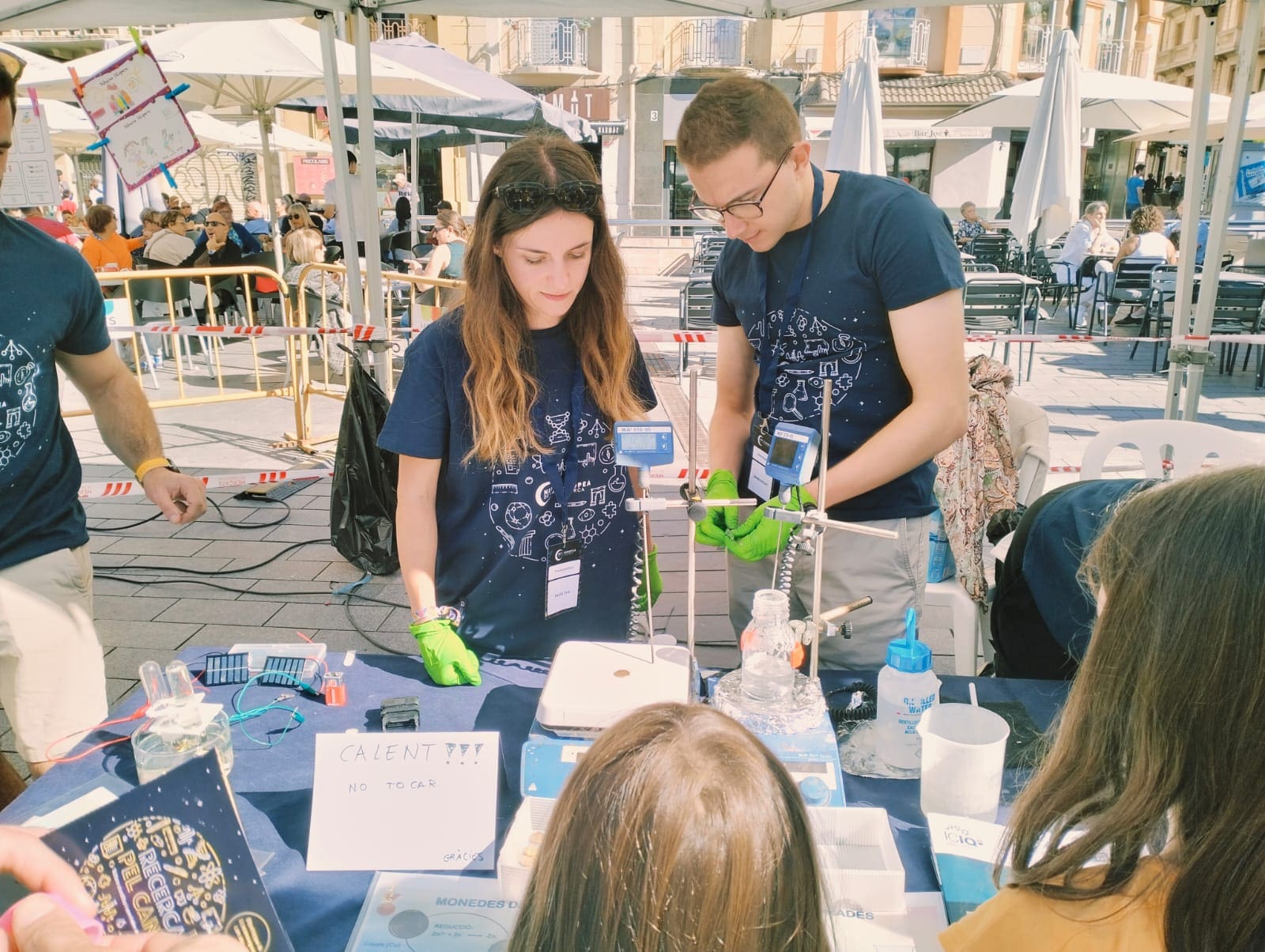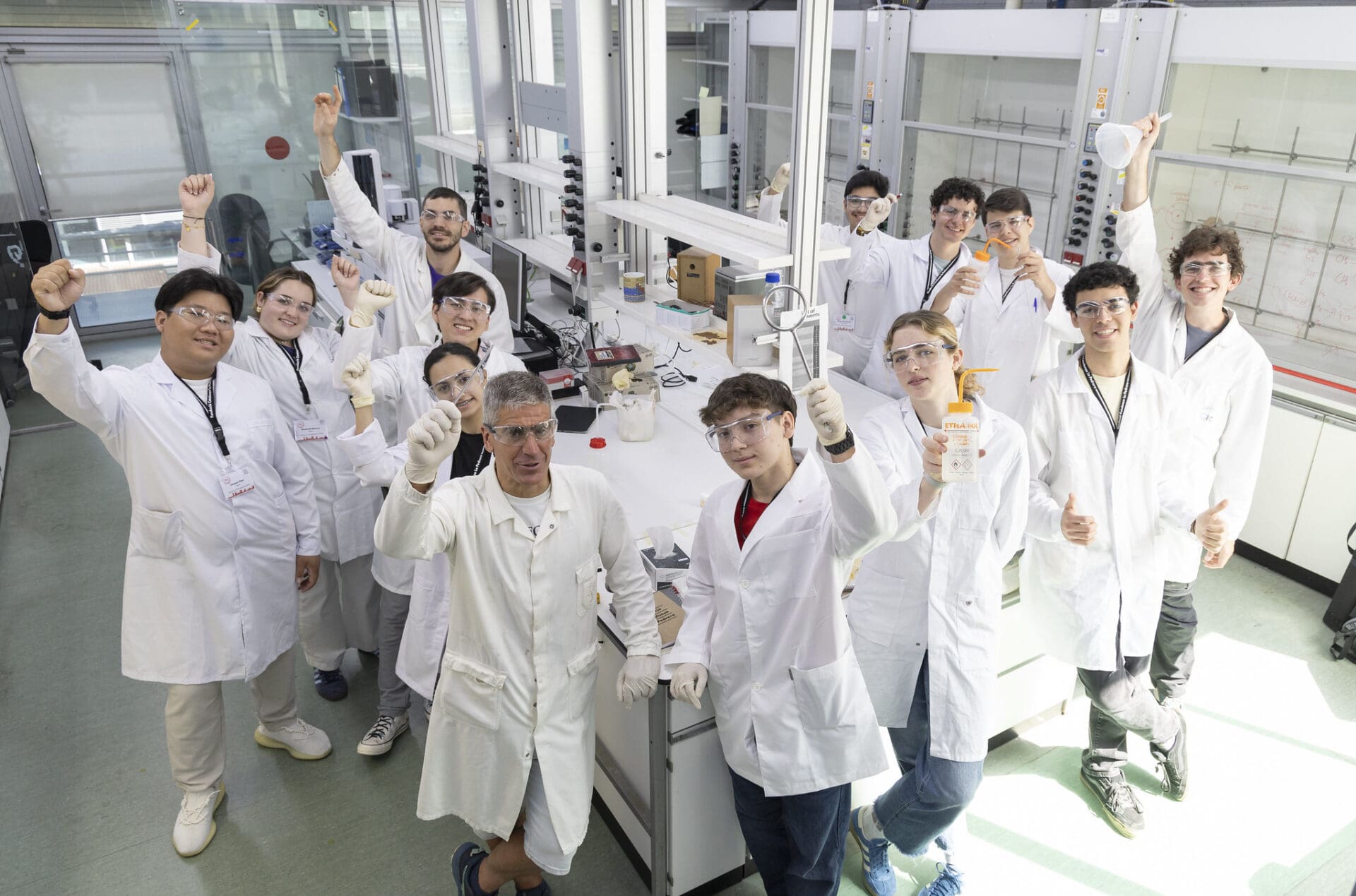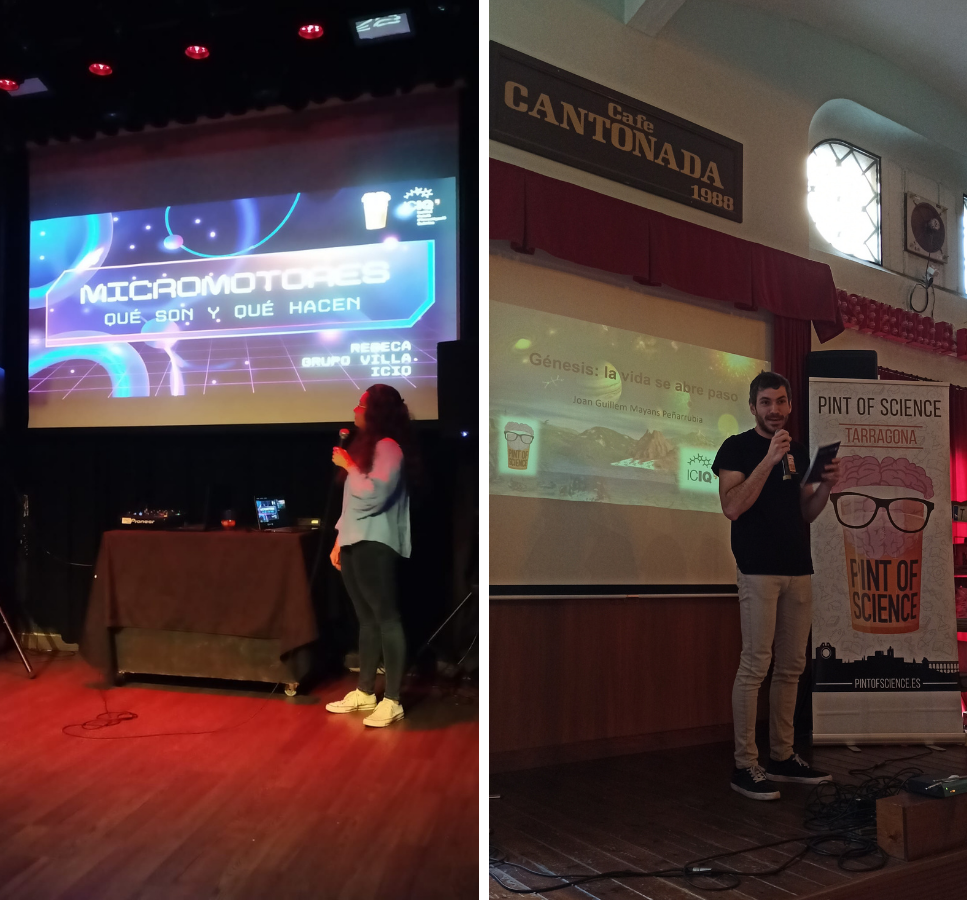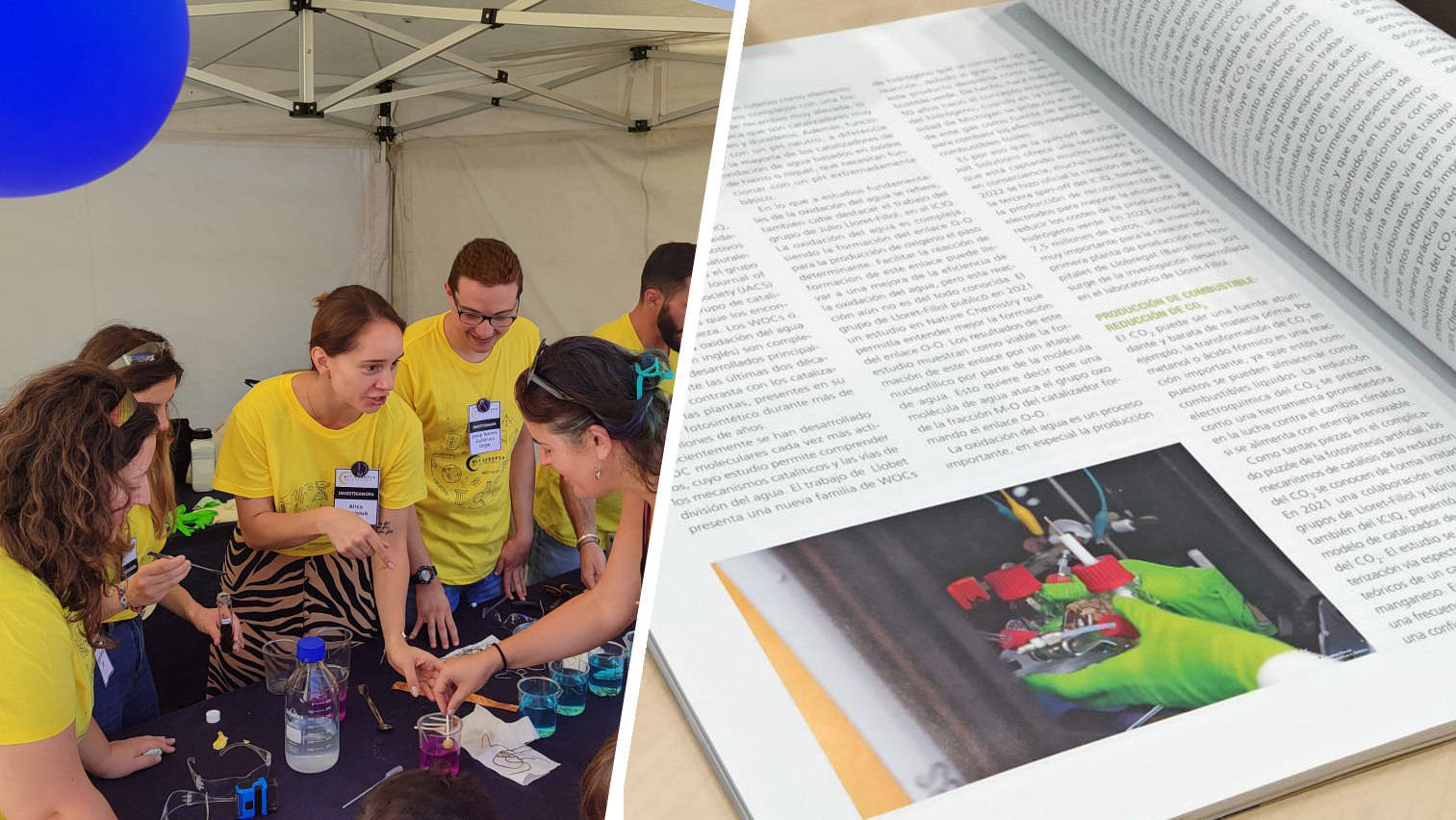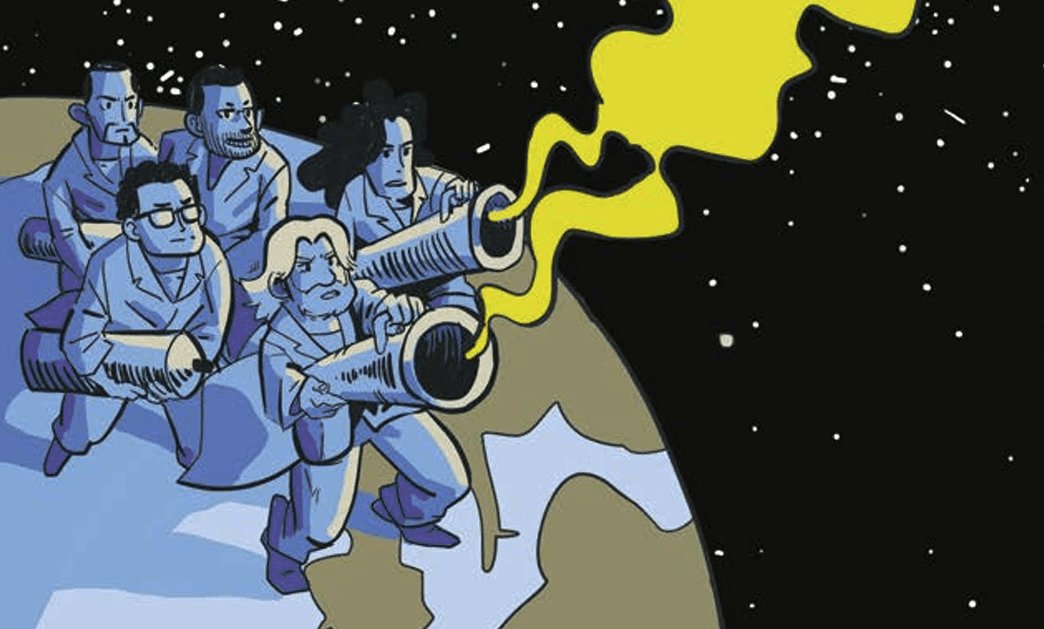Face to Face with Vladimir Grushin
 Vladimir Grushin is one of the few industrial chemists who have been able to return to academia. After 12 years with DuPont, he came to Tarragona with an appointment as Senior Group Leader at the Institute of Chemical Research of Catalonia (ICIQ). Vladimir was born in Moscow, Russia, where he obtained his education and PhD degree before moving to Canada to continue with his research. He was on faculty at Wilfrid Laurier University in Ontario, where he worked until 1997. He then moved to the United States to join DuPont Central Research & Development in Wilmington, Delaware. Since January 2010, he has been Group Leader at ICIQ, where he has developed a very successful line of research with the discovery of the novel and highly sought after reaction of direct cupration of fluoroform.
Vladimir Grushin is one of the few industrial chemists who have been able to return to academia. After 12 years with DuPont, he came to Tarragona with an appointment as Senior Group Leader at the Institute of Chemical Research of Catalonia (ICIQ). Vladimir was born in Moscow, Russia, where he obtained his education and PhD degree before moving to Canada to continue with his research. He was on faculty at Wilfrid Laurier University in Ontario, where he worked until 1997. He then moved to the United States to join DuPont Central Research & Development in Wilmington, Delaware. Since January 2010, he has been Group Leader at ICIQ, where he has developed a very successful line of research with the discovery of the novel and highly sought after reaction of direct cupration of fluoroform.
What made you think about trying to synthesise CuCF3?
Copper perfluoroalkyls, CuCF3 included, have been known for a long time. When we started our work it was also already well-known that CuCF3 can trifluoromethylate various organic substrates to give valuable products. However, the reported methods to prepare CuCF3 were cost-prohibitive or unsafe for larger scale operations. We wanted to develop a new, low-cost and safe, simple process to make CuCF3.
How long have you been working on this idea? Were you convinced you would achieve it?
I have been active in organometallic fluorine chemistry research for more than 17 years. Over 6 years ago, we reported the first examples of aromatic C-CF3 bond formation at Pd, a transformation that everybody believed was impossible. Back then I was a DuPont CR&D chemist and my organometallic fluorine projects were so-called “bootleg research”, the work that I was doing in my spare time with my own hands, in addition to my Company Projects.
When I joined ICIQ I also wanted to give a try to other metals, including copper. The direct cupration of fluoroform is a new reaction, there was nothing like that in the literature. Of course, I was not convinced at all that we would be able to succeed. We did, thanks to good luck and the dedicated and creative work of my co-workers Alessandro Zanardi, Maxim Novikov, Petr Novák, and Anton Lishchynskyi. I would also like to thank Jordi Benet and his brilliant crystallography team for their tremendous, highly professional help on this and other projects.
The use of CuCF3 as a low-cost and readily available trifluoromethylation reagent is the source of many successful papers that have been highlighted by many different publishers. How would you explain the impact these papers are having within the chemistry community?
Trifluoromethylation methods are in great demand. I would like to believe that it is the new knowledge and potential usefulness of our findings that attract people’s attention.
What is next?
More work.
You were also awarded with a JSPS Senior Fellowship and last November you went to Japan to share your research and network with other Japanese colleagues. What would you highlight about that experience?
That was a marvelous experience. Japan is unique, it is a fantastic country that I loved. I very much enjoyed seeing again my old friend Professor Ilhyong Ryu and my other old friends, and meeting great Japanese chemists whose work I knew and admired, but whom I had never met before in person.
Among the most remarkable highlights of the trip were meeting and talking with Professor Tsutomu Katsuki, visiting the Korakuen Garden in Okayama, and… music shopping in the famous Disk Union stores in Shinjuku, Tokyo.
PROUST/ICIQ QUESTIONNAIRE
A chemical element: Iodine
Favourite Scientist: Richard F. Heck; currently active in research. Vladimir I. Bakhmutov and David L. Thorn.
Your favourite invention: Electric Guitar
If you had not been a chemist… Sorry, I cannot imagine that…
Favourite destination: Any place where I can spend quality time with a dear friend, a soulmate.
A book: “Moskva – Petushki” (“Moscow to the End of the Line”) by Venedikt Erofeev and “The Red Grass” by Boris Vian, to name just a couple.
A film: Abdrashitov’s “Parade of the Planets” and Coppola’s “Apocalypse Now” with my favorite quote from Colonel Kurtz (Marlon Brando).
A dream: A universal cure for cancer.
Science is… the most powerful tool of curiosity, a great way to learn and understand something about this world before it is time to leave it.
Related news

Let's create a brighter future
Join our team to work with renowned researchers, tackle groundbreaking
projects and contribute to meaningful scientific advancements
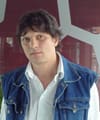





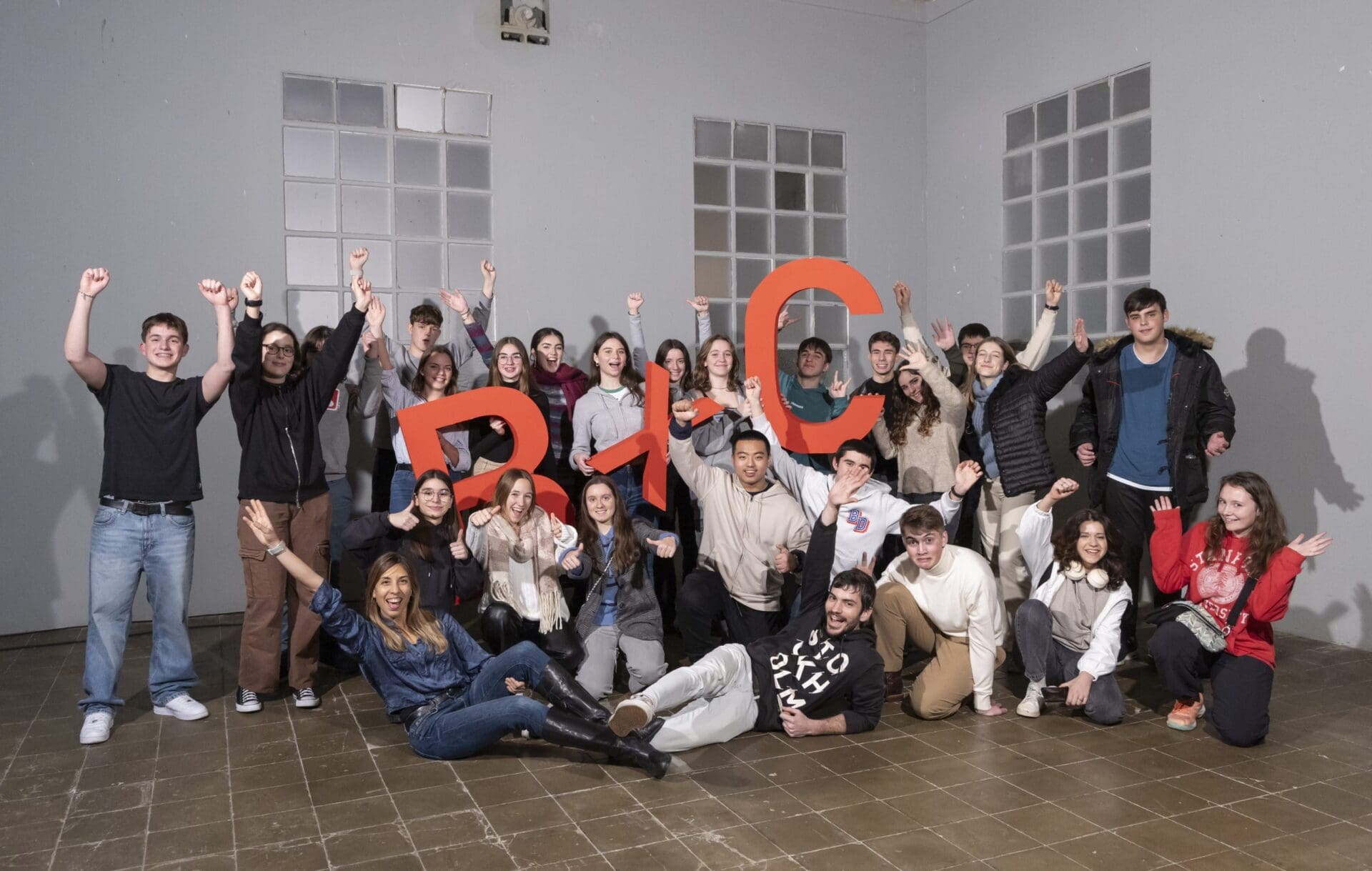
 02-12-2024
02-12-2024 